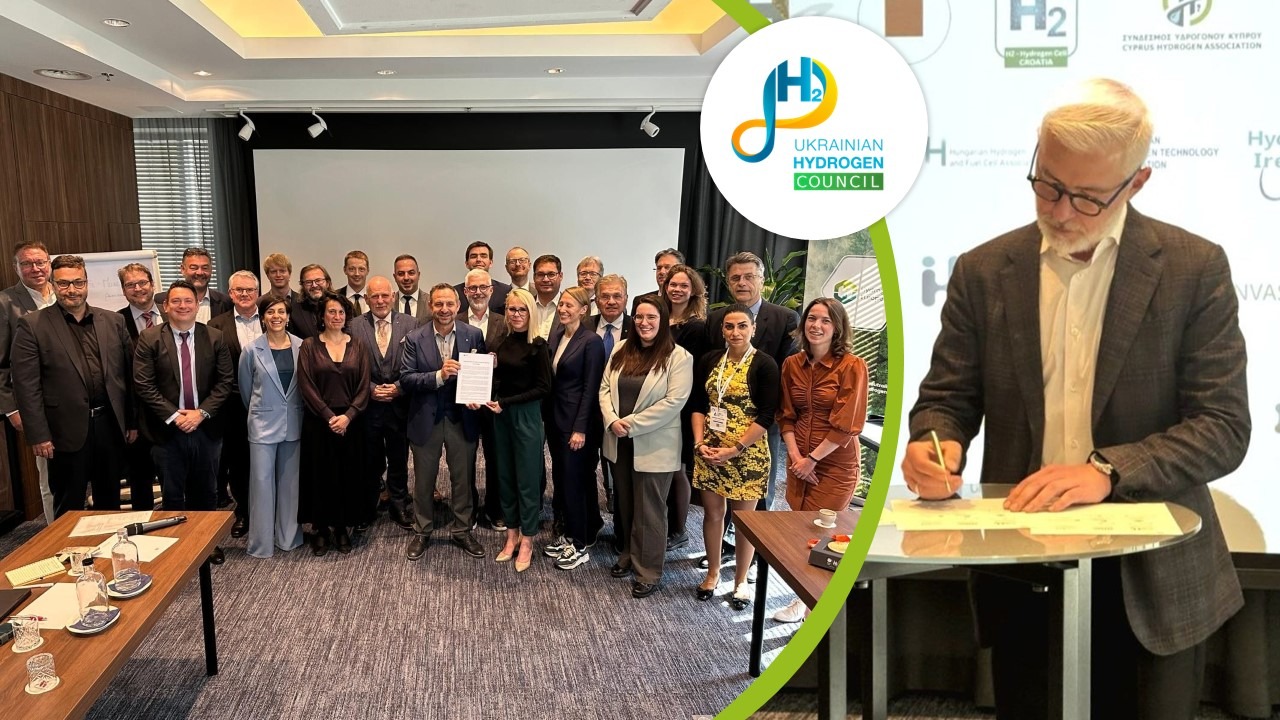Algeria’s Journey Towards a Green Hydrogen Future

In pursuit of energy transition objectives, Algeria is increasingly focusing on the production and utilization of low-carbon and renewable hydrogen.
While hydrogen has predominantly been used in the chemical and refining industries, it holds promise for decarbonizing specific industrial sectors, enabling electricity storage, and powering the transport sector.
However, several barriers must be overcome before hydrogen technologies can be widely deployed. Numerous countries, with Japan at the forefront, are heavily investing in this burgeoning market, anticipating the creation of thousands of new jobs.
Hydrogen offers Algeria significant potential for greenhouse gas (GHG) reduction and substantial economic benefits. In response, the Algerian government has prioritized energy transition to new and renewable sources as part of its economic recovery plan, aiming for “green” growth through innovative and digital energy technologies.
This paper’s primary objective is to provide a techno-economic foundation for guiding public policy development, identifying promising opportunities for green hydrogen within Algeria’s energy transition context, and outlining sustainable pathways for pilot projects that promote hydrogen adoption within the Algerian society.
Additionally, this paper will explore the latest advancements in hydrogen research, technology, and applications relevant to the Algeria’s energy transition. The Algerian energy minister, has reaffirmed his desire to “invest in hydrogen”, an energy source presented as one of the solutions to the climate crisis. In October 2021, Algeria launched a hydrogen plan worth several billion dinars, including 100 million for research, to enable the country to develop “green” hydrogen, i.e. produced without fossil fuels.
Hydrogen has garnered global attention for its potential to replace fossil fuels
Hydrogen has garnered global attention for its potential to replace fossil fuels in various sectors. The production of “green” hydrogen through low-polluting techniques positions it as a critical component in the global energy transition by 2050.
The International Energy Agency (IEA) report , highlights hydrogen’s potential to play a significant role in the future global energy mix. The IEA assessed the opportunities and challenges for developing decarbonized hydrogen on an industrial scale, acknowledging its potential for clean and affordable production, thereby contributing to the energy transition. However, the IEA also emphasizes the need to address production costs, infrastructure development, and legislation favoring decarbonized hydrogen production.
Green hydrogen is projected to have a substantial impact on global energy transition success:
- By 2030, green hydrogen could reduce energy consumption from fossil fuels and GHG emissions, equivalent to removing several million gasoline vehicles from the roads.
- By 2050, the IEA predicts that global hydrogen demand could increase fivefold, and bioenergy production could account for 20% of global energy needs if carbon neutrality becomes a worldwide goal.
Algeria’s energy transition mission focuses on promoting energy transition, innovation, and efficiency, ensuring integrated governance. The Ministry of Energy and Mines, coordinate inter-ministerial task force for the implementation of programs and measures to achieve government-set energy targets. By prioritizing energy innovation and economic development, Algeria aims to establish energy efficiency as a primary energy source.
The Algerian Green Hydrogen Strategy seeks to create a coherent framework and favorable environment for accelerating green hydrogen production, distribution, and use. These energy sectors can offer solutions to diversify its energy mix and reduce GHG emissions, even in highly polluting sectors like transport and industry. Leveraging its natural resources, Algeria aims to increase green hydrogen’s role in its energy portfolio to decarbonize and strengthen its economy.
The Algerian Strategy on Green Hydrogen 2050 intends to establish a supportive framework
The Algerian Strategy on Green Hydrogen 2050 intends to establish a supportive framework for hydrogen sector development. Algeria is already active in hydrogen research and has a conducive environment for hydrogen development (e.g., research and development centers like CDER, the Research Center in Renewable Energies in Algeria).
The Algerian Government’s Ministry of Energy and Mines is responsible for managing and supporting renewable energy resource development for sustainable growthwith potential support from CEREFE (National Commission for Renewable Energies and Energy Efficiency). In alignment with sustainable development principles and societal needs, several universities and research centers share these values:
- Educating engineers and scientists to address challenges in a changing world and become agents of change;
- Conducting research that addresses major societal issues;
- Influencing the intellectual, economic, and social landscape.
In this context, a targeted study was conducted on the technical and economic developments of the hydrogen sector globally and specifically in Algeria. Consultations with key stakeholders in the hydrogen ecosystems of Algeria and Japan helped improve the study, revealing potential business opportunities and deployment strategies across various economic sectors.
To combat climate change, Algeria has set ambitious targets: reducing its GHG emissions below 1990 levels by 2030 and lowering its consumption of petroleum products. Strong action is required to meet these goals. A massive electrification project using solar photovoltaics has been initiated across all sectors of the economy.
Numerous energy efficiency projects are underway to reduce energy needs, but these alone will not suffice to cut GHG emissions. To reach these targets, Algeria must turn to other forms of renewable energy, engage its citizens, and emphasise social responsibility.
Additionally, understanding the perceptions, interests, and motivations of economic actors to invest in structuring economic development projects is crucial
This will provide better knowledge of the actors most committed to green hydrogen and identify the strengths, weaknesses, opportunities, and threats (perceived and real) of the business environment.
Supplying hydrogen to industrial users has become a major global business. Hydrogen demand, which has grown more than threefold since 1975, continues to rise (Fig. 1) . In the context of the global hydrogen market, Algeria faces both challenges and opportunities. By capitalizing on its abundant renewable resources and fostering international collaboration, the country can potentially become a leader in the hydrogen sector. This will necessitate a comprehensive approach, including investments in research and development, infrastructure, and workforce training. Furthermore, Algeria must develop policies and regulations that support the growth of the hydrogen industry while addressing environmental and social concerns. By taking these steps, Algeria can play a significant role in the global energy transition and contribute to a more sustainable future.
The IEA estimates that hydrogen’s share in the global energy mix by 2050 will be around 13%, representing a tenfold increase in production compared to today. Hydrogen demand reached 94 million metric tons in 2021, recovering to above pre-pandemic levels (91 million metric tons in 2019), and accounting for approximately 2.5% of global final energy consumption.
As part of the national program for the development of renewable energy, a first tender for a batch of 2,000 MW has been issued. The implementation of this program is expected to continue, with the aim of reaching 15,000MW by 2035. Algeria has embarked on a path of energy transition and efficiency. Furthermore, the country seeks to integrate hydrogen as a strategic vector within both its energy transformation program and its climate commitments. The shift from grey hydrogen production to green.

